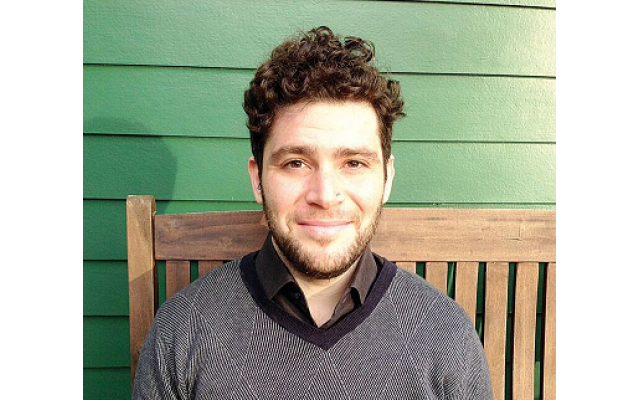Peachtree Jews in a Time of Change
Aaron Levi is program chair at LimmudFest, a freelance curriculum developer and an independent officiant of Jewish ceremonies.
Ten years have passed since Limmud Atlanta + Southeast first convened at Oglethorpe University. During this time, Limmud has become an integral component of Atlanta’s Jewish communal landscape. Our premier event, LimmudFest, curates an immersive and ongoing experiment contributing to a vibrant Jewish community by engaging with and integrating diverse perspectives and opinions from across the community.
LimmudFest 2018, held this year from Aug. 31 – Sept. 3, was a dynamic weekend offering something for everyone. Our invited speakers included some of the most influential voices in their respective fields, locally and nationally. Our participant-presenters included educators, rabbis, parents, professionals, lay leaders, writers, thinkers, podcasters and activists whose opinions span vast spectrums. Together, these sessions touched on religion, food, culture, history, technology, parenting, the Israeli-American and Israeli-Atlantan relationship(s), the #MeToo Movement and so much more. And, of course, what Limmud would be complete without joyous Jewish ritual, yoga, comedy, music, cigar smoking, bonfires and all the classic camp activities—experiences fit for the whole family?
So what makes Limmud such a draw, at least for me and my family?
In Limmud’s adaptive approach to community and learning, everyone is a teacher and student. This simple notion breaks down traditional communal roles, hierarchies and beliefs into novel combinations every year. From its inception, Limmud’s volunticipants foster a flexible institutional knowledge and collaborative wisdom, resulting in a unique annual experience within a consistent institutional framework.
Cultivating Jewish culture and community is a complex endeavor, of course. So what, you ask, is the secret in Limmud’s special sauce?
Part of the answer lies in The Practice of Adaptive Leadership, which contrasts a technical problem – meaning, a challenge that experts can solve through proven solutions– with adaptive challenges. Ronald Heifetz, Alexander Grashow, and Marty Linsky write, “Adaptive challenges are typically grounded in the complexity of values, beliefs, and loyalties … and stir up intense emotions rather than dispassionate analysis.”
Does this definition not apply to most, if not all, major challenges across American and Israeli Jewry today? And if transmitting and fostering Jewish community and culture is an adaptive rather than a technical challenge, how might this affect institutional or communal processes?
The authors suggest that “making progress requires going beyond any authoritative expertise to mobilize discovery, shedding certain entrenched ways … and generating the new capacity to thrive anew.”
But doing so can potentially raise questions that are not always comfortable. For instance, who is an authority on or in the Jewish community? Which parts of tradition do we preserve and which do we adapt? How do we define “thriving?”
While we approach the High Holidays and another new Jewish year, one of the beautiful messages I’m reflecting on comes from Ecclesiastes 3: “To everything there is a season, and a time for every purpose under heaven … A time for seeking and a time for losing, a time for keeping and a time for discarding.” It’s okay if we do not have all the answers, now or in the future. Sometimes all we can do is choose to come together in the jubilant spirit of openness, curiosity and discovery.
Together, may we continue to seek the words that articulate our generation’s enduring questions and the friendships that help us navigate them.
As we emerge renewed for a most memorable weekend, we at Limmud wish the entire Jewish community a year of learning, laughter, family, friends and bountifulness. Shanah tovah u’metukah!




comments